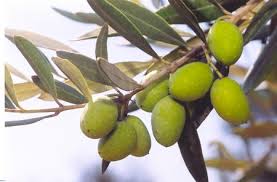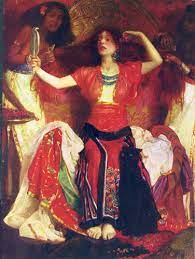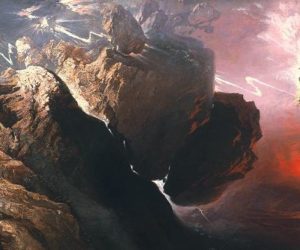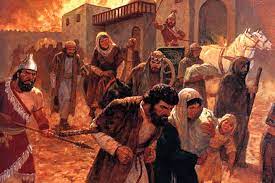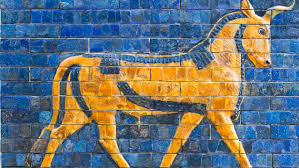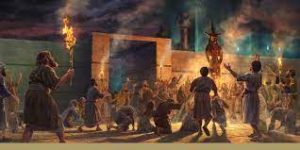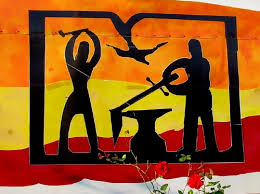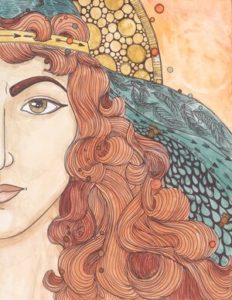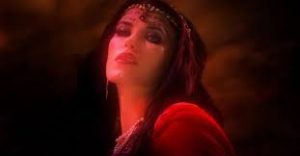Bb – The Six Woes of Isaiah 5: 8-25
The Six Woes of Isaiah
5: 8-25

This section has been described as Judah’s Grapes of Wrath because of its series of six woes, hurled against six groups of people who were responsible for producing stinking fruit, that was shameful in the eyes of ADONAI. Here, as elsewhere in the TaNaKh, a parable is used in preparation for a statement of judgment (see my commentary on the Life of David, to see link click Ce – David Anointed King Over Y’hudah). It was the nature of the prophets of the times to begin with a parable and then move on to their words of judgment. So, in 5:1-6 we have the Parable of the Vineyard, in 5:7 there is the interpretation, and in 5:8-25 we have the application of the woes and the judgments. God, through Isaiah, will pronounce six woes for the bad grapes that Judah produced. He will intersperse these six woes with four therefores.
The Hebrew word hoy, translated woe, introduces a lament as much as a threat. Isaiah is not only angry and accusing, he is also grief-stricken over the sins of his people. On the other hand, it is interesting to realize how measured and reasoned Isaiah was in his ministry, as were all the prophets. Anyone who thinks that they were merely condemning demagogues, ranting and rebuking, fails to see how they ministered on the basis of great evidence, or woes. Then carefully written logical, inescapable conclusions, in a series of therefores. The therefore sections serve to subdivide 5:8-25 into two parts, 5:8-17 and 5:18-25. Watch for the repeated connection of drunkenness and injustice in 5:11-12 and 5:22-23.







